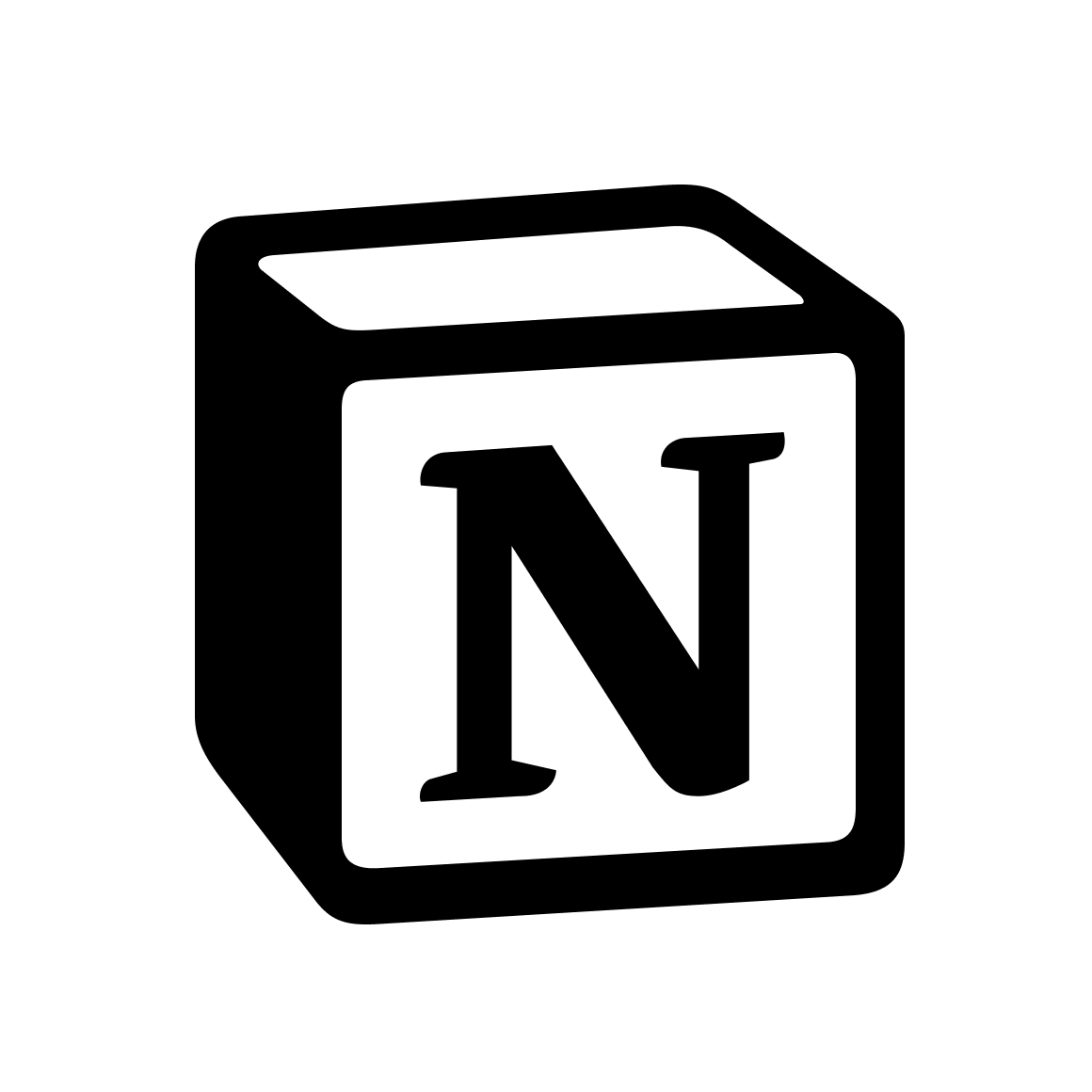If you’re looking for a versatile way to organize your business, you should take a look at Airtable.
Airtable is an all-in-one solution that can help you manage your data in a variety of ways. Whether you need to create a simple spreadsheet or track complex customer information, it can do it all.
In this guide, I will walk you through what Airtable is and how it can benefit your business. I will also include some tips on how to get started using Airtable.
What is Airtable?
Airtable is a cloud-based software application that offers a variety of features for managing data. With it, you can create and collaborate on spreadsheets, track customer information, and even build custom applications.
It is perfect for businesses of all sizes. Whether you’re a solopreneur or a large enterprise, it can help you organize your data and work more efficiently.
Here are the different ways it can be used for a variety of purposes, including:
- Creating simple spreadsheets
- Tracking customer information
- Managing project tasks
- And more!
The platform is often compared to other popular applications like Microsoft Excel and Google Sheets.
But, in my experience, it goes beyond the capabilities of these tools by offering a more user-friendly interface and powerful features. For example, Airtable allows you to:
- Create custom views of your data using “blocks”
- Sort and filter your data in any way you want
- Share your data with others and collaborate in real-time
- Integrate with other applications using Airtable’s APIs
How can Airtable Benefit your Business?

One of the best things about Airtable is its flexibility. You can use it to manage any type of data. For example, you could use Airtable to keep track of inventory levels, customer contact information, project deadlines, or anything else.
Airtable is also highly customizable. You can create custom fields and views to suit your unique business needs.
What I like the most is that it is perfect for businesses of any size. Whether you’re a small or a large scale enterprise, Airtable can help you organize your data and work more efficiently. With its flexibility, customization, and collaboration features, it helps you manage your data in a way that works best for you.
Features of Airtable

With Airtable, you can create and collaborate on spreadsheets, track customer information, and even build custom applications. Some of the key features of Airtable include:
- It has a user-friendly interface that makes it easy to navigate and use.
- Customizable views: With Airtable, you can create custom views of your data using “blocks.” This allows you to tailor the way you view your data to suit your specific needs.
- Sort and filter data: The platform allows you to sort and filter your data in any way you want. This makes it easy to find the information you’re looking for.
- Real-time collaboration: With Airtable, you can share your data with others and collaborate in real time. This is a great feature for businesses that need to work together on projects.
- APIs: Airtable offers APIs that allow you to integrate with other applications. This makes it easy to connect Airtable with the other tools you use for your business.
How to Get Started with Airtable
If you’re ready to get started with Airtable, there are a few things you’ll need to do:
- Sign up for an account: You can sign up for an account on the Airtable website. Once you’ve created an account, you’ll be able to access Airtable’s features and start using it to manage your data.
- Explore the features: Take some time to explore all of the features that Airtable has to offer. This will help you get a better understanding of how Airtable can be used to benefit your business.
- Start using Airtable: Once you’re familiar with the features, you can start using Airtable to manage your data. You can use Airtable for a variety of purposes, including creating spreadsheets, tracking customer information, managing project tasks, and more.
Airtable Plans and Pricing

Airtable has four different pricing plans: Free, Plus, Professional, and Enterprise. The Free plan includes all of the basic features and is perfect for small businesses or individuals who want to try out the software.
The Plus plan starts at $1 per month and includes additional features such as custom views and real-time collaboration.
The Professional plan starts at $20 per month and includes even more powerful features such as APIs and unlimited storage. Finally, the Enterprise plan is customizable and can be tailored to meet the specific needs of your business.
Pros and Cons
Pros
- User-friendly interface
- Highly customizable
- Great for collaboration
- Offers a free plan
Cons
- Some features require a paid subscription
- Can be challenging to learn at first
Summing Up
Airtable is the all-in-one solution to organize your business. It is a powerful and versatile software application that offers a variety of features for managing data. With its user-friendly interface, customizable views, and real-time collaboration features, it can help businesses of any size organize their data and work more efficiently.
Although there is a learning curve involved with using Airtable, the software is well worth the investment for businesses that need to manage large amounts of data.
Found this article helpful? Check other informative guides and resources here:
- How to Build Better Ads With the Facebook Ads Library: The Ultimate Guide
- 4 Useful Google Podcasts Manager Features
- How to Get on TikTok’s For You Page (FYP)?
- Are Google Certificates Worth Your Career Investment? - May 5, 2024
- How to Find and Fix Broken Links: A Comprehensive Guide - April 26, 2024
- Dynamic Pricing Strategies: Using AI to Optimize Pricing in E-commerce - April 9, 2024



